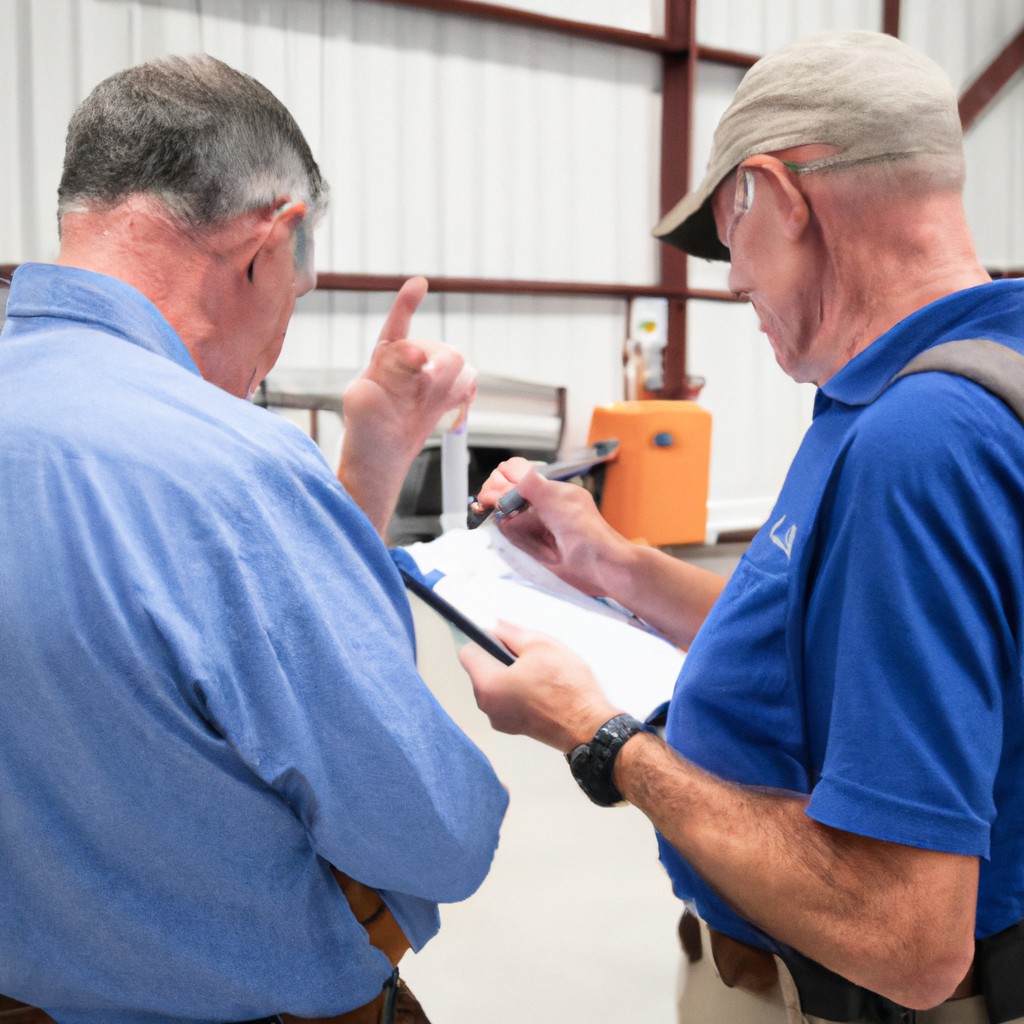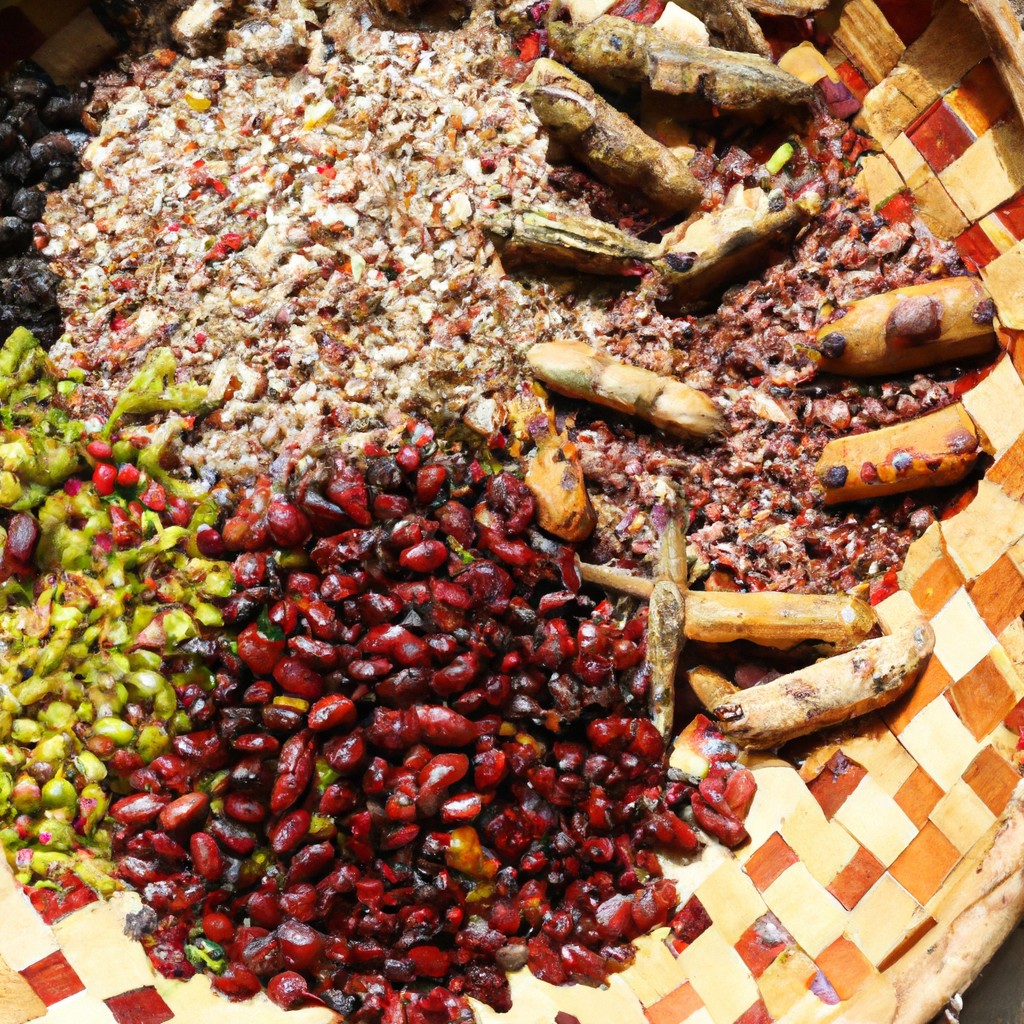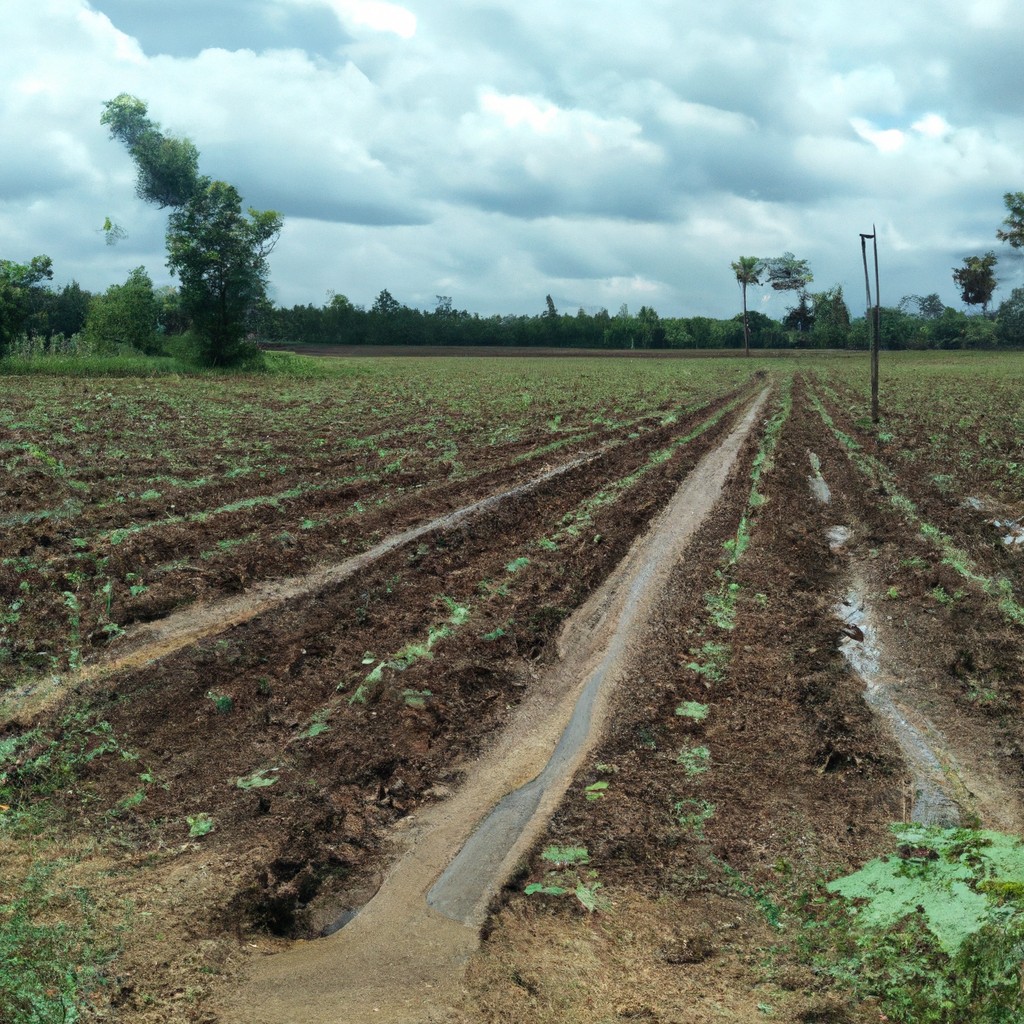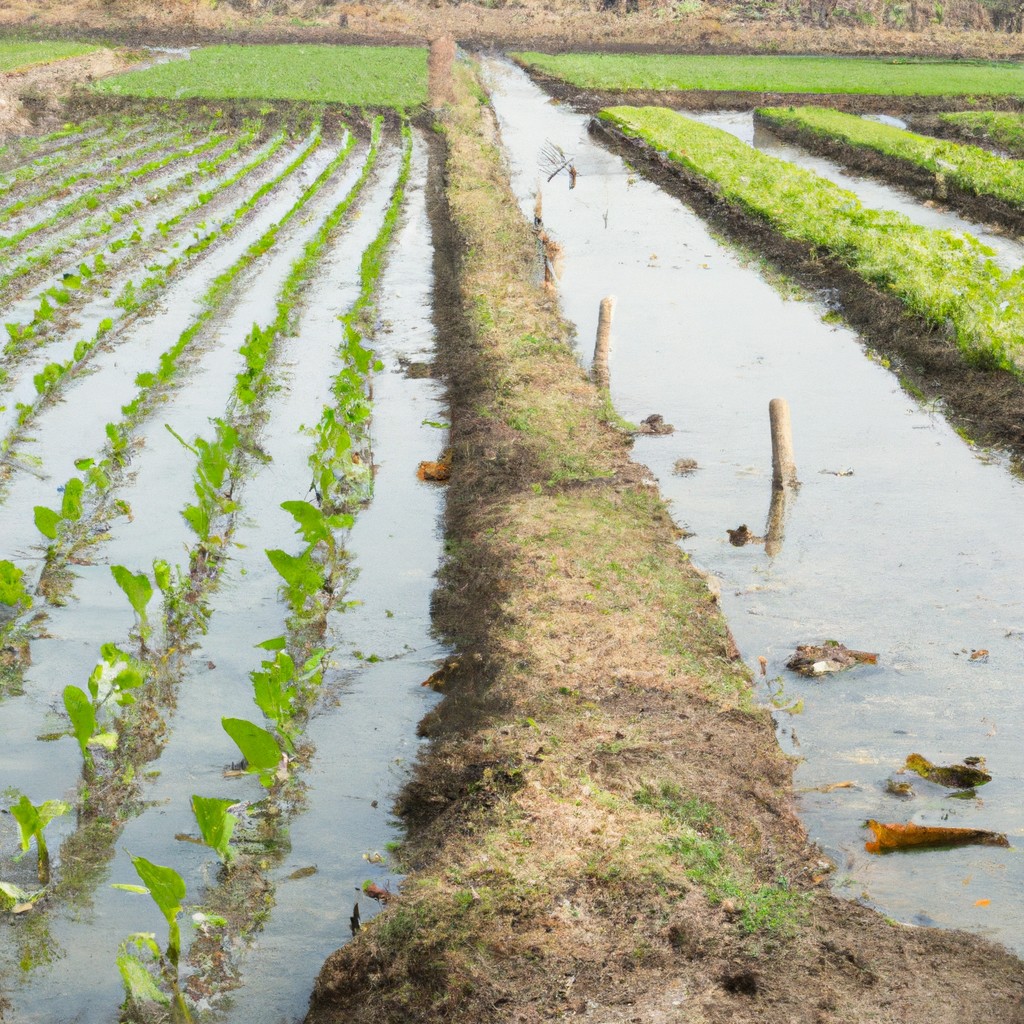Discover how technological advancements have opened up opportunities for remote agriculture jobs, allowing for sustainable farming practices from a distance.
Look Inside:
Overview of Remote Agriculture Jobs
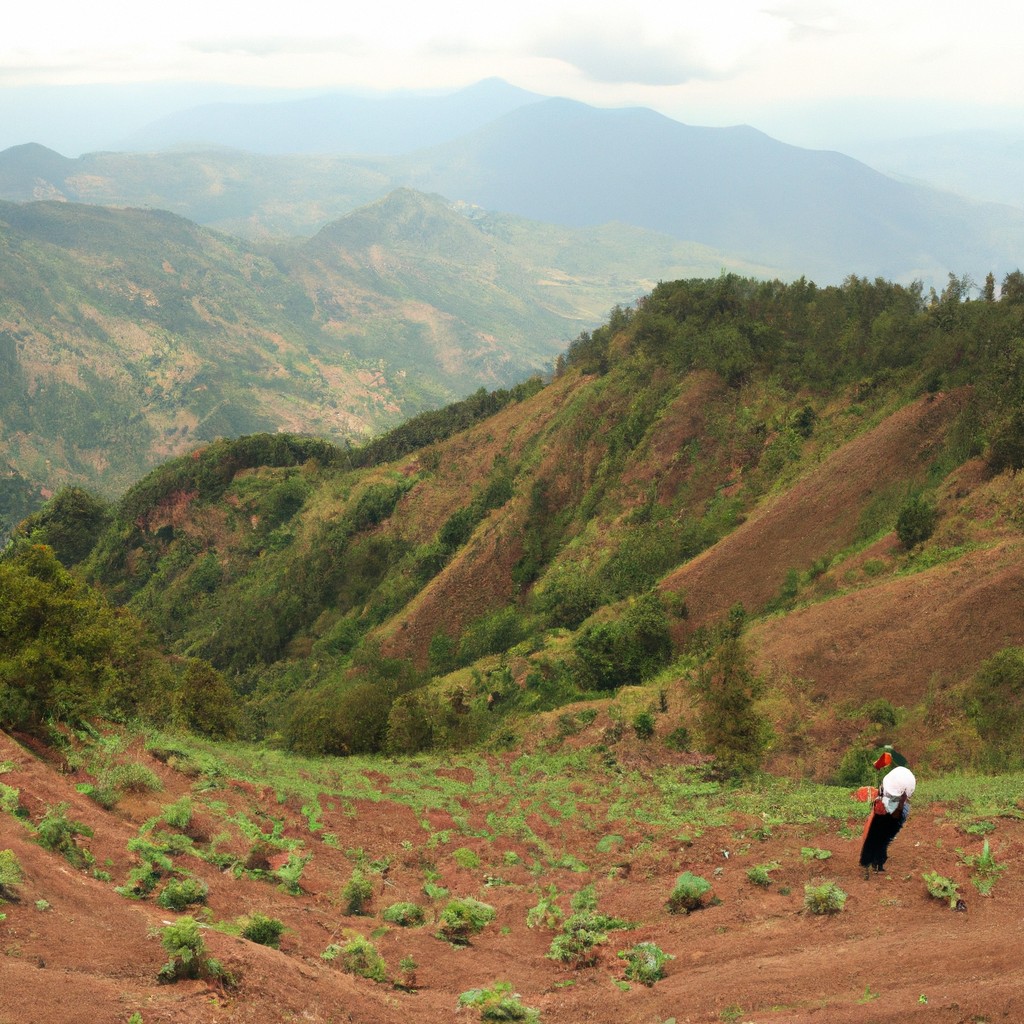
The advancement of technology has enabled a variety of agricultural jobs to be performed remotely, broadening opportunities beyond the traditional on-site roles. This shift not only caters to a more connected and global workforce but also opens doors for professionals with diverse skill sets to contribute to the agricultural sector.
Remote work in agriculture can come in many forms—from data analysis to crop consulting. Specialists can now monitor crop health, manage supply chains, or offer financial advice from virtually anywhere with internet access. Remote sensing technologies and agricultural drones collect field data, which analysts and agronomists interpret from their home offices, assisting in strategic decision-making.
Additionally, there is a growing need for professionals who can handle customer support, sales, and marketing for farm products and services online. With e-commerce on the rise, agricultural businesses are seeking talent who can bridge the gap between farm and digital marketplaces.
Importantly, remote employment in agriculture contributes to sustainability by reducing travel and accommodation needs, fostering a greener work culture. This development not only exemplifies how agricultural practices are evolving but also how the industry is adapting to modern labor trends.
Types of Remote Agriculture Jobs
Remote agriculture jobs encompass a variety of roles that leverage digital technology and telecommunications to support sustainable farming practices from a distance.
Data Analysts are integral in interpreting agricultural data gathered from remote sensing technologies and on-farm IoT devices. They help in making informed decisions regarding crop management, soil health, and resource allocation.
Agricultural Writers and Educators create informative content, develop educational materials, and conduct online seminars aimed at spreading knowledge about sustainable agriculture practices to a global audience.
Precision Agriculture Specialists utilize software to analyze farm data, such as satellite imagery and drone footage, to provide recommendations on planting, fertilizing, and harvesting without the need to be physically present on the land.
Supply Chain Analysts work remotely to optimize procurement, transportation, and distribution of agricultural goods. Their role ensures sustainability and efficiency within the food supply chain.
Online Agricultural Consultants offer expertise on best practices, pest management, and business strategies, connecting with farmers and agribusinesses via video conferencing and other digital communication tools.
Virtual Extension Agents serve as remote liaisons between research institutions and farmers, providing critical information and guidance on agricultural techniques and technologies that can be accessed from anywhere.
Sales and Customer Support Professionals within the agricultural sector often operate remotely, connecting with clients and providing assistance with purchasing farm equipment, seeds, or software solutions for agriculture management.
Research and Development roles in biotechnology and crop science companies can sometimes be performed remotely, focusing on sustainable product innovation, and experimental design analysis.
Each of these roles contributes to the broader objectives of sustainable and regenerative farming by providing specialized support that transcends traditional on-the-ground presence.
Necessary Skills for Remote Agriculture Jobs
Success in remote agriculture jobs hinges on a blend of technical know-how, data management abilities, and a solid grasp of agricultural principles. Proficiency in digital tools, such as farm management software, is crucial. Knowledge of precision agriculture technologies enables remote monitoring and decision-making.
Communication skills are paramount. The ability to effectively convey complex agricultural concepts through various platforms bridges the physical gap remote work entails.
Time management and self-discipline are key to thriving in a remote setting, ensuring that projects meet deadlines despite the lack of direct supervision.
Understanding of sustainable and regenerative farming practices is often sought-after, reflecting the industry’s growing shift towards environmentally-friendly practices.
Adaptability is also essential; agricultural scenarios are diverse and dynamic, requiring a flexible mindset to handle unexpected challenges from a distance.
Continuous learning is a part of the process, with the industry’s rapid advancements emphasizing the importance of staying abreast of the latest trends and technologies.
How to Find Remote Agriculture Jobs
Exploring job boards dedicated to agriculture and environmental work is a smart starting point. Websites such as AgCareers.com and Good Food Jobs often list positions suitable for remote work. Networking is another crucial strategy; engage with professionals and organizations via platforms like LinkedIn or at virtual conferences and webinars to learn about upcoming opportunities.
Leveraging social media can also be effective. Follow companies and influencers in the sustainable and regenerative agriculture sectors to stay informed about job openings. Twitter chats and Facebook groups focused on agriculture can also be rich sources of information.
Consider the value of directly reaching out to organizations you’re interested in. A proactive email inquiring about remote possibilities can show initiative and might lead to opportunities that aren’t publicly advertised.
Lastly, don’t overlook the power of freelance and consultant work. Platforms such as Upwork or Freelancer can connect you with short-term or project-based remote work in the agriculture field, allowing you to build experience and relationships in the industry.
Future Trends in Remote Agriculture Employment
Advancements in technology are shaping the landscape of remote agriculture employment, with various trends indicating how the future might unfold. Precision agriculture, which involves the use of GPS mapping and data analytics to optimize farming practices, is likely to create more jobs that can be performed from a distance, such as remote sensing specialists and data analysts.
The rise of urban agriculture, including vertical farms and hydroponic systems, often utilizes sophisticated technology that requires remote monitoring and management, thereby increasing remote job opportunities for urban planners, agronomists, and horticulturists.
There’s also a growing emphasis on sustainable and regenerative practices, requiring knowledge in environmental science and soil health. This trend may yield roles for remote consultants who assist in implementing these practices across traditional and non-traditional farms.
Further, as more farm equipment becomes autonomous, technicians and engineers who can service and monitor these machines from afar will be in demand.
The explosion of farm management software will likely lead to roles for software developers, user experience (UX) designers, and customer service professionals who can support digital platforms without being physically present at the farm.
Lastly, educational and extension services are beginning to offer more online programs. Thus, roles in teaching, research, and advisory services can be performed remotely, reaching a wider audience while providing support to agricultural communities worldwide.
